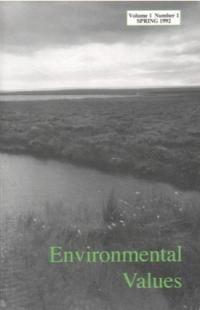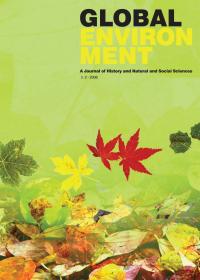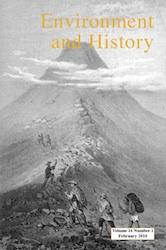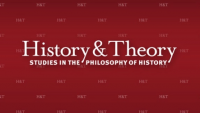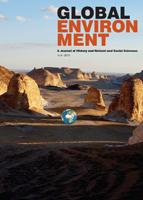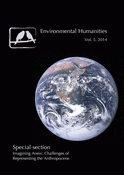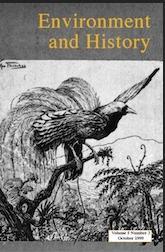"Learning From 'Actually Existing' REDD+: A Synthesis of Ethnographic Findings"
Synthesizing ethnographic case studies from mainland Southeast Asia, the authors critically review the implementation of REDD+, a UN project to reduce emissions from deforestation and forest degradation. They argue that REDD+ maps onto local power structures and political economies in its implementation, rendering it blunt as a tool for change.



